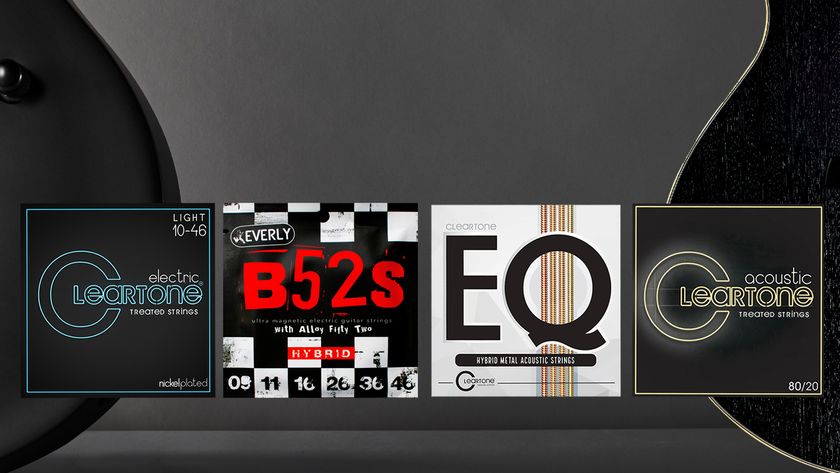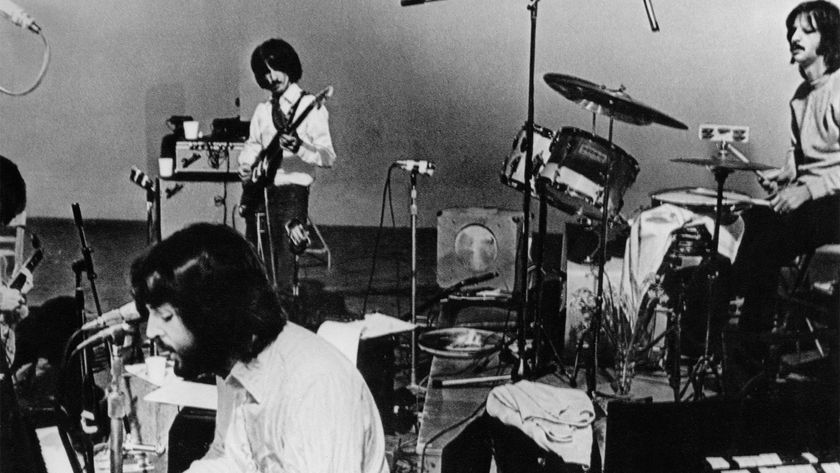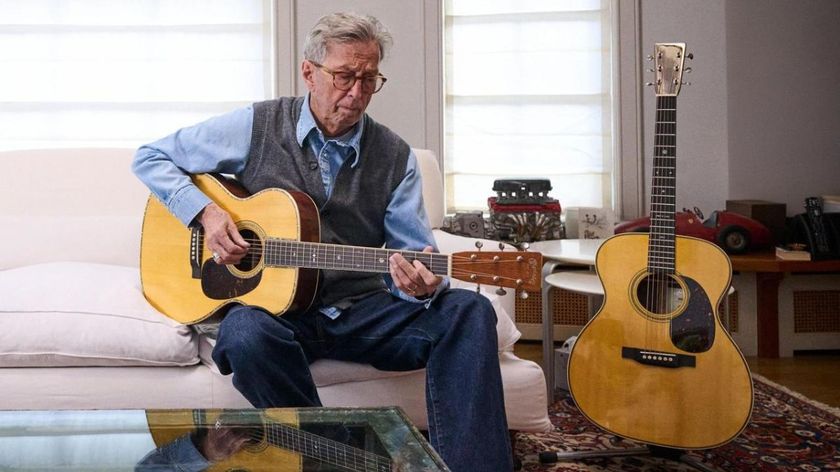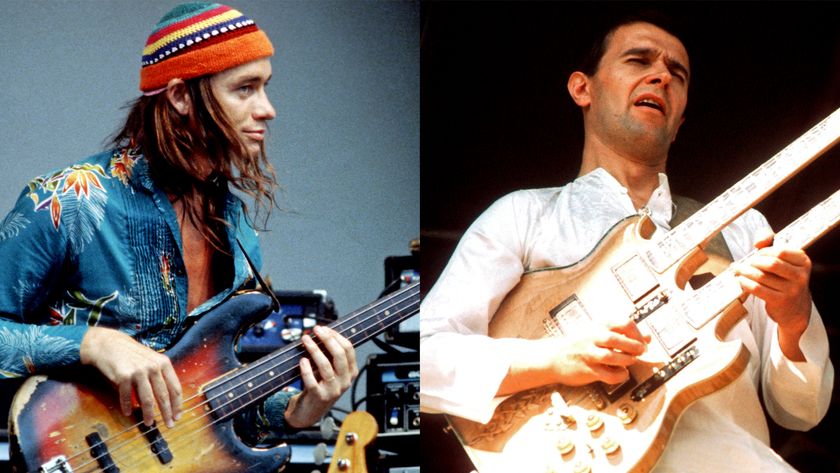“His playing was never self-indulgent, and his soloing was propulsive”: Moby Grape co-founder and guitarist Jerry Miller dies at 81
A pivotal player in the ‘60s psych rock scene, Miller had fans in Eric Clapton, Robert Plant, and the Black Crowes
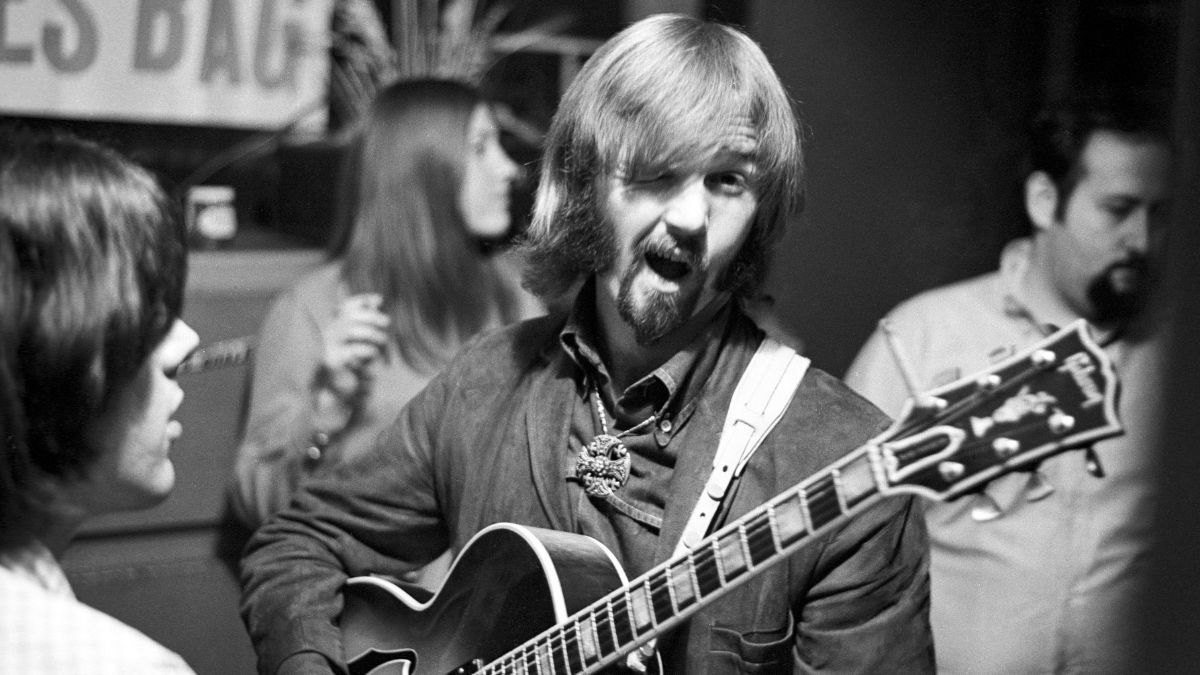
Jerry Miller, the co-founder and guitarist of Moby Grape, has died at 81.
Miller co-wrote some of the band’s biggest hits, including Hey Grandma and 8.05. He also contributed guitar parts to an early version of The Bobby Fuller Four's I Fought the Law, a song that would go on to be re-energized by The Clash 11 years later.
The news of Miller’s passing broke via a Facebook fan group, with Miller's partner, Jo Johnson, asking the group's members to “flood the ether with Jerry Miller’s music” and to “play it all day long for me and him.”
Born in Tacoma, Washington in 1943, Miller cut his teeth alongside fellow virtuoso and friend Jimi Hendrix in the Seattle bar band scene.
He had admirers in Eric Clapton, who called him the “best guitar player in the world,” and Led Zeppelin. He was listed in 2003 as one of the 100 greatest guitar players in the world by Rolling Stone, placing at #68.
“His playing was never self-indulgent, and his soloing was propulsive, always aware of where the song was headed,” said Rolling Stone of his place on the list.
Moby Grape were key players in the San Francisco psych movement in the late ‘60s. Supercharged by the triple-guitar line-up of Peter Lewis, Skip Spence, and Jerry Miller, the band burst onto the scene with their 1967 self-titled debut album.
Get The Pick Newsletter
All the latest guitar news, interviews, lessons, reviews, deals and more, direct to your inbox!
“We all wrote, we all sang,” Miller said of their trio of guitarists, “hell, there's no end to the possibilities here.”
Miller’s main instrument was a Gibson L-5 jazz guitar nicknamed Buelah that he purchased in 1966.
It featured during the band's electrifying and historic performance of Hey Grandma at the 1967 Monterey Pop Festival, at which they opened for fellow psych rock giants the Byrds and Jefferson Airplane.
Robert Plant and the Black Crowes later covered the song, with the former citing Moby Grape as a key influence for Led Zeppelin.
Miller was also a part of The Rhythm Dukes (1969-71) who disbanded in light of Moby Grape's reunion. He also released three solo albums. Moby Grape would go through a series of break-ups and reunions, but Miller never spoke ill of the band's tumultuous history.
“The way I see it,” he told The Spectator last year, “I’m the luckiest guy in the world. I’ve still got my health and my music, and I still get to do what I most love for a living. Maybe the Grape were screwed, but so what? If you haven’t been ripped off, you haven’t been in the music business.”
A freelance writer with a penchant for music that gets weird, Phil is a regular contributor to Prog, Guitar World, and Total Guitar magazines and is especially keen on shining a light on unknown artists. Outside of the journalism realm, you can find him writing angular riffs in progressive metal band, Prognosis, in which he slings an 8-string Strandberg Boden Original, churning that low string through a variety of tunings. He's also a published author and is currently penning his debut novel which chucks fantasy, mythology and humanity into a great big melting pot.

“I thought, Robert Fripp’s a good guitarist. Maybe we could do something.” Andy Summers isn’t a fan of King Crimson, but his collaboration with Fripp came along at just the right time
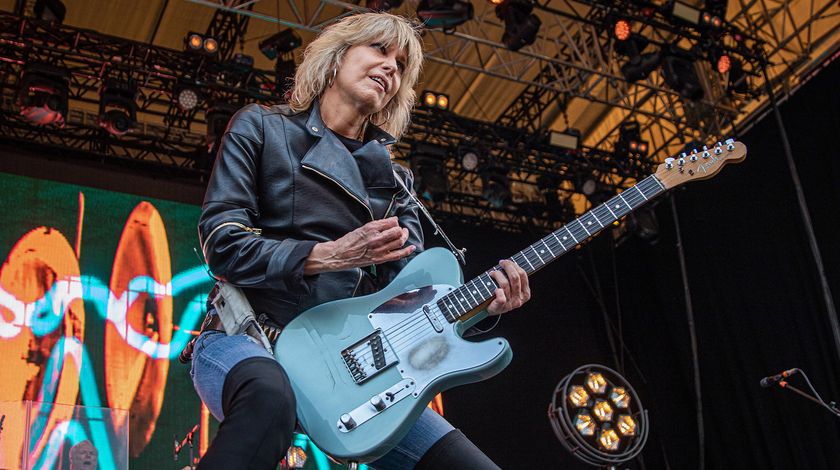
"I don’t like collector's items. I said, ‘Give me the blue one.’" Chrissie Hynde reveals the origins of the 1965 Fender Telecaster she's played since the dawn of the 1980s



